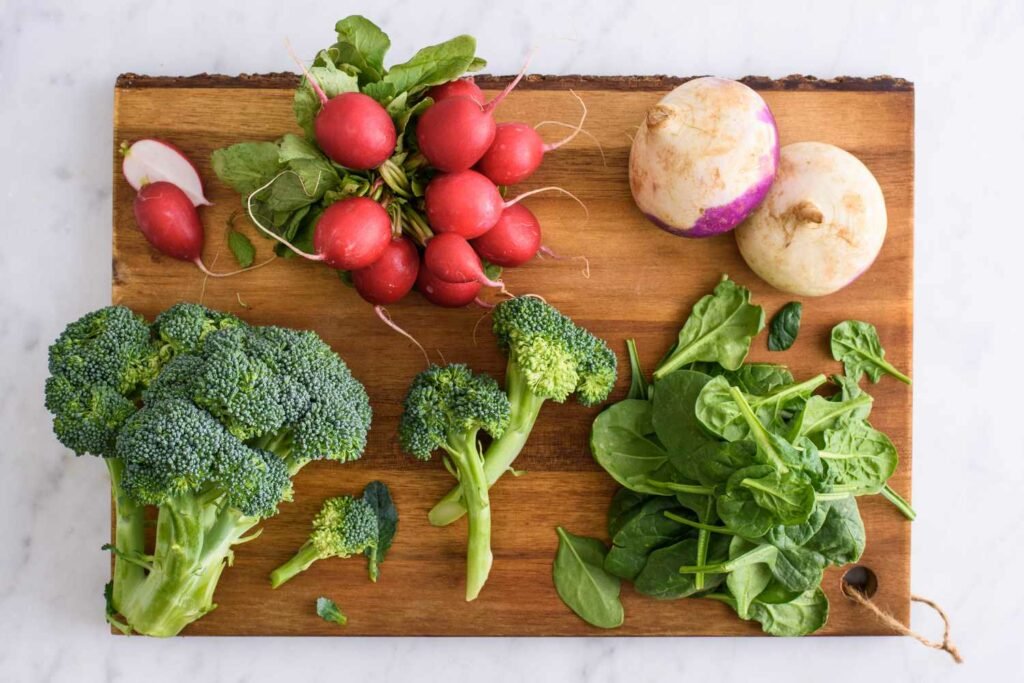In this era of more available source of healthy food choices, bodybuilders tend to eat a lot of complex carbohydrates and protein, they often neglect vegetables. Although the benefits of protein for bodybuilding may not be as tangible, they can have an indirect effect on muscle growth.

Learn to increase your intake of vegetables in order to bulk up your muscles. Vegetables are low in calories and provide many nutrients that are missing in many bodybuilding diets. These include vitamins, minerals, fiber, phytochemicals, and vitamins.
You need to eat at least 2 cups of vegetables per day if you want to maximize your health and bodybuilding results. You want a stronger immune system to improve food absorption and stabilize your energy levels. All of these factors are important for growth and recovery.
Vegetables Has Good Fiber
Fiber is a vital ingredient for bodybuilding and one that vegetables are rich in. Fiber is an indigestible carbohydrate, which does not provide calories but can slow down digestion.

These two benefits are crucial. First, carbohydrates enter your body more slowly. This keeps your blood sugar levels under control, keeping energy levels high and “crashes,” at bay. Cortisol is a catabolic hormone which damages muscle tissue and makes recovery harder when blood sugar levels crash.
Fiber also supports the absorption and use of amino acids. Fibre helps to keep your intestinal walls clean and makes them more efficient. This allows you to get more value for your protein intake.
Also Read: Diet Meal Plan Delivery Services in Metro Manila
Vegetables Are A Natural Source of Vitamins & Minerals
A good supply of vitamins and minerals is essential for any hardworking bodybuilder. Unfortunately, many believe that popping a daily multivitamin/multimineral will suffice. While it will be helpful, it won’t provide the same level of nutrition as whole-food options. You need vegetables.
These compounds increase the absorption of naturally occurring vitamins, minerals. These compounds can also enhance the absorption vitamins and minerals in meats, grains, and supplement tablets.
Nutrition for bodybuilding is more than just numbers. It’s about more than calories, carbs and protein. The best nutrition plans do not only focus on the important things. In creating the ideal environment for growth and recovery, even the smallest things can play a significant role.
Vegetables Aid in Overall Heath
Recent evidence has shown this. Scientists have discovered that most vegetables are rich in lycopene and phytochemicals. These compounds contribute to many metabolic functions, including immune support.

A strong immune system is essential for effective post-training recovery. If your immune system is weak, you will not only fail to recover but your muscles will also fail to grow, regardless of how much protein and calories you consume. Eat your vegetables for the known and unknown good benefits!
Vegetables Provide You Variety
Many bodybuilders only eat one or two vegetables, such as spinach or broccoli. It’s better to eat a variety of vegetables than just one or two. You can include all the vegetables you like!
You can also suggest broccoli, cauliflower, green beans and mushrooms.
Vegetables Help You Get Lean As You Bulk
Your challenges when you are on a bodybuilding diet include not cheating, reducing calories, and giving your body enough bulk to feel satisfied. You can increase your vegetable intake to help with all these. Ensure you increase your daily vegetable intake by six cups, even if you are on a diet.

It’s easy to lose some vitamins and minerals when calories are reduced. However, eating lots of low-calorie vegetables will ensure you have enough. You’ll be less likely to overeat.
Some vegetables like cabbage, broccoli and cauliflower have anti-oestrogen effects due to their phytochemicals. Bodybuilders may find this beneficial as lower estrogen levels can help to reduce body fat, water retention, and increase testosterone.
These vegetables should be consumed on a regular basis. Focus on them when you feel stressed or overtrained.
So, what’s your veggie meal plan for today? Eat up!
 |









